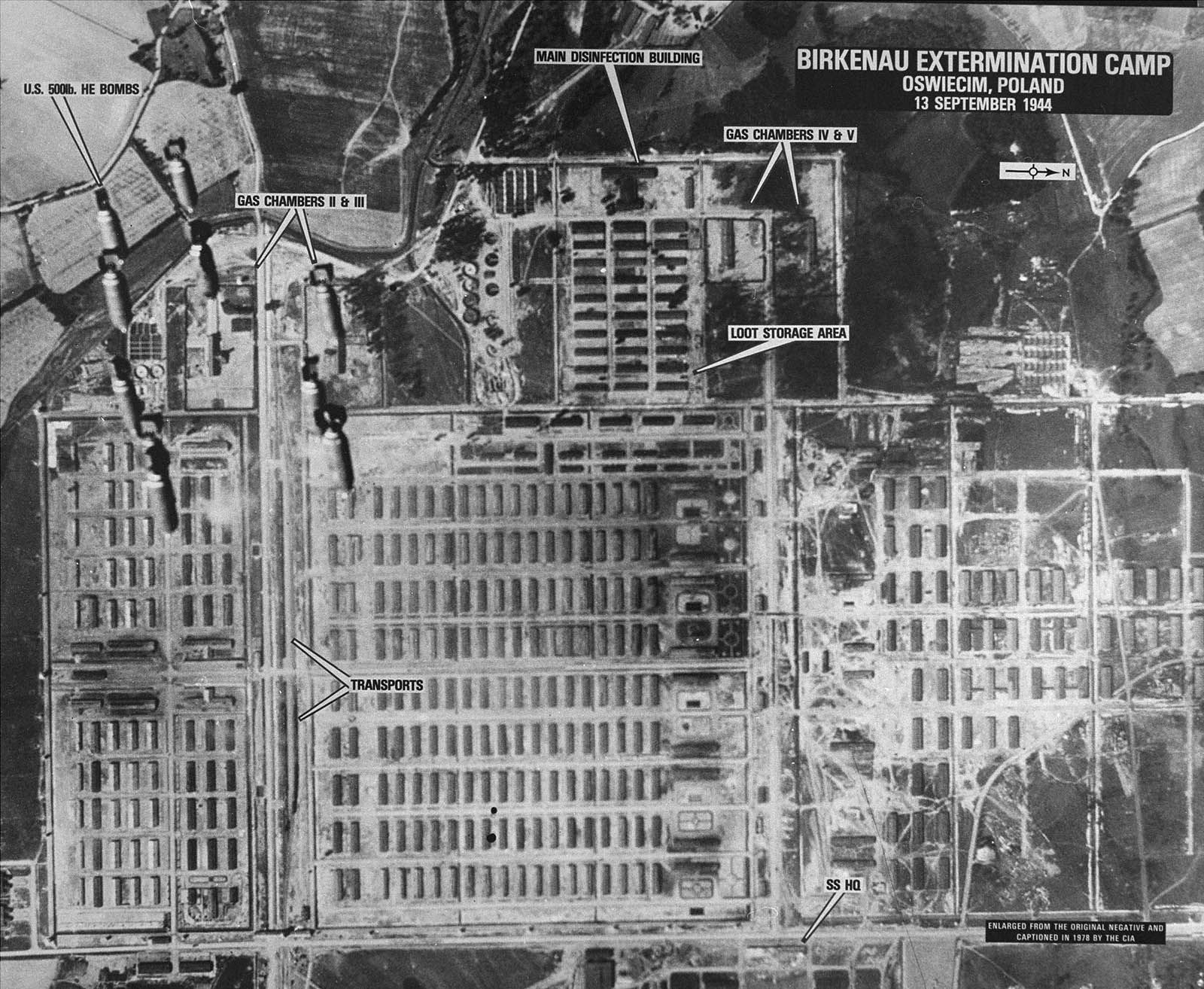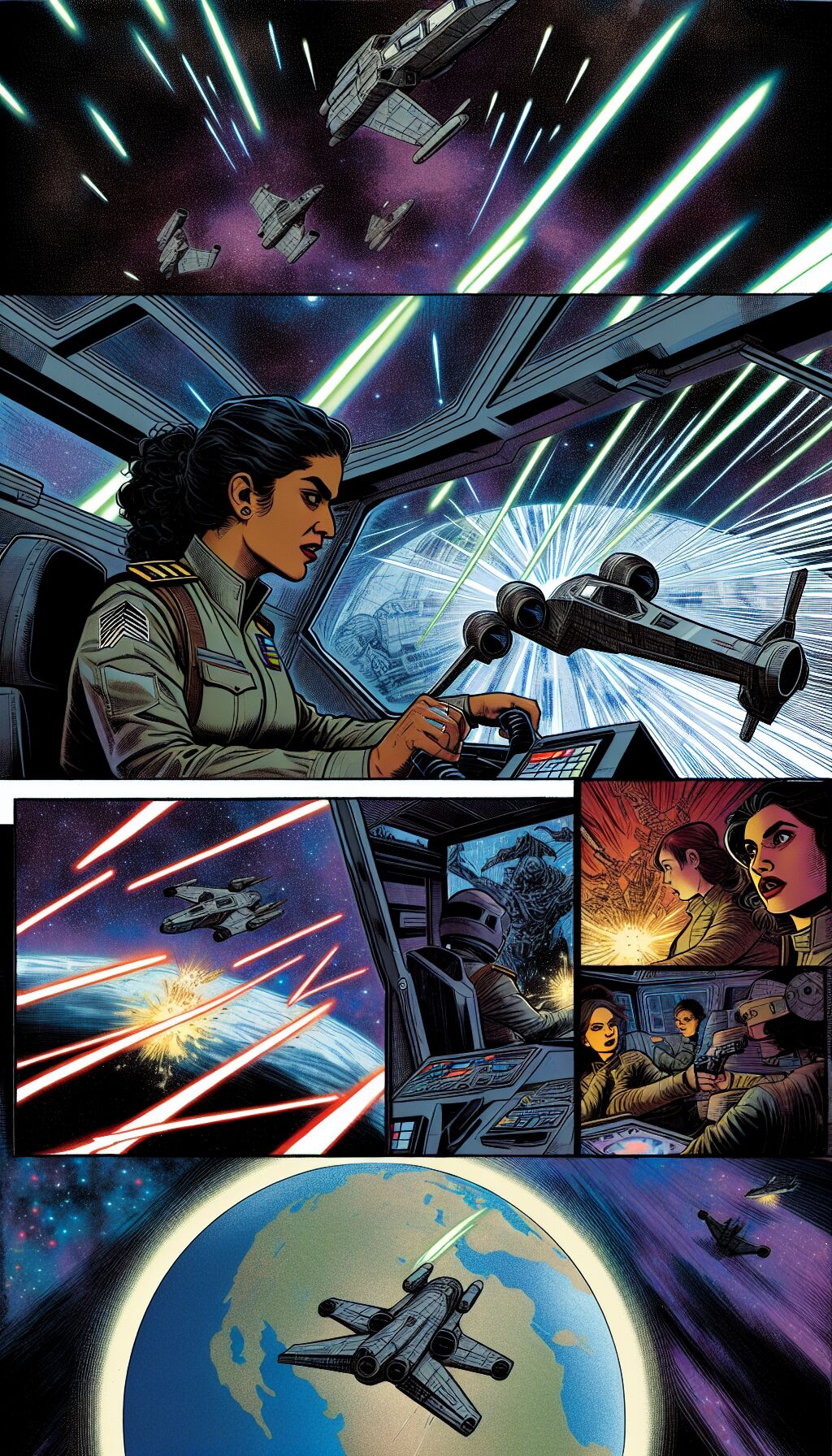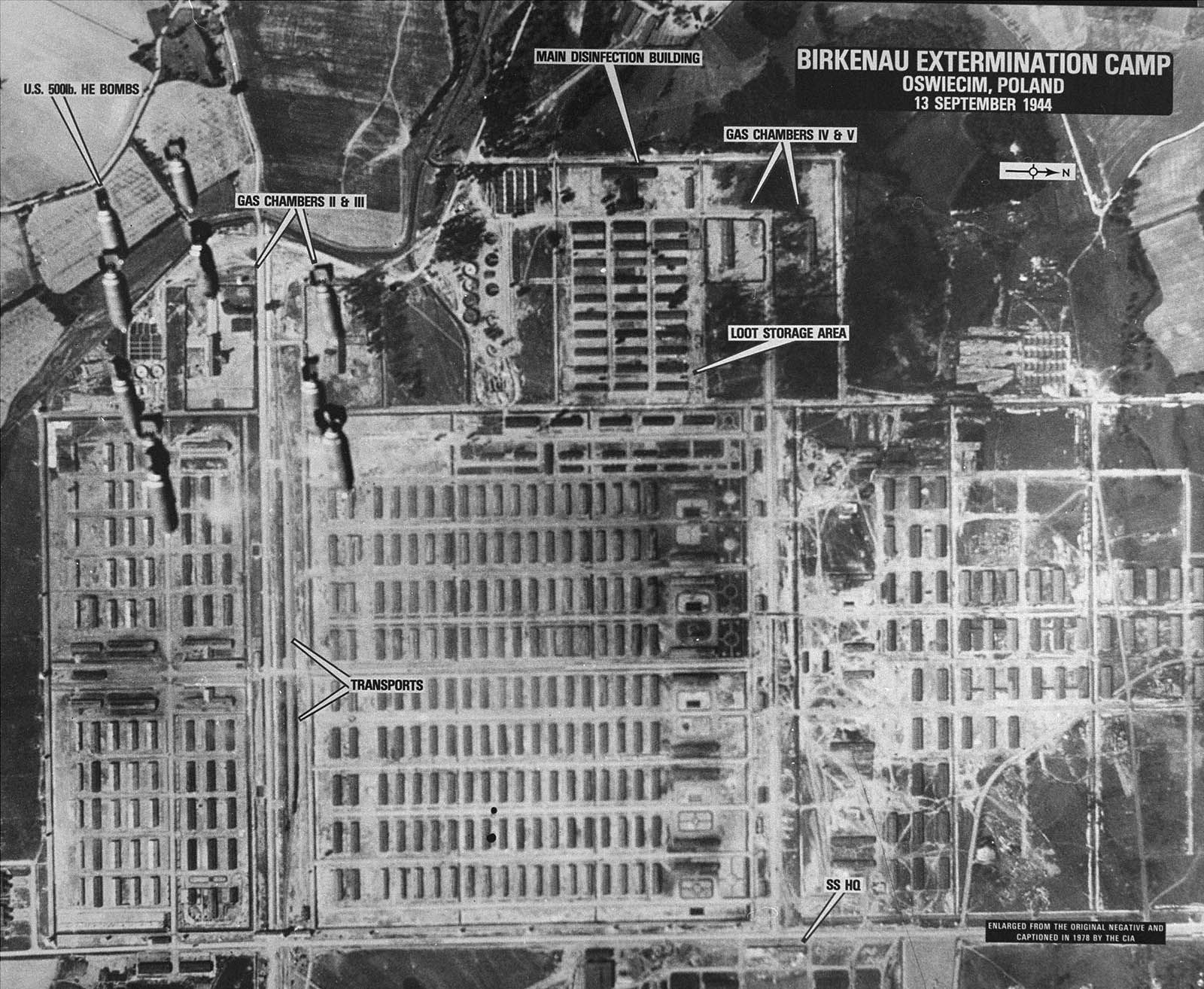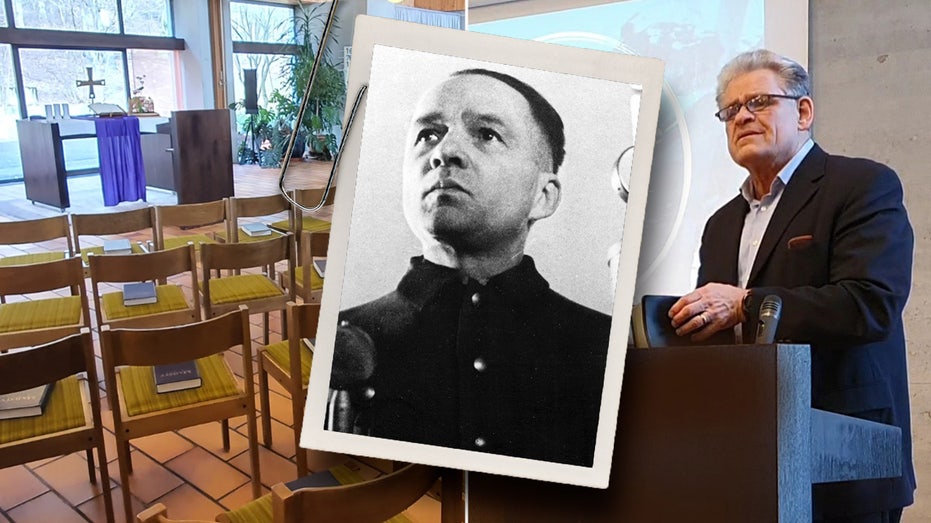
Redemption and Reconciliation: The Journey of Pastor Kai Höss
Every Sunday, in a modest church nestled in Stuttgart, Germany, Pastor Kai Höss delivers heartfelt messages of salvation and forgiveness. Yet, beneath this pastoral calling lies a family legacy intertwined with one of history’s darkest chapters.
A Troubled Legacy
Kai Höss stands as the lead pastor of the Bible Church of Stuttgart, a non-denominational group primarily serving the English-speaking international community, including nearby U.S. military personnel and their families. His role is unique, not just for his pastoral duties but also for the legacy he represents—he is the grandson of Rudolf Höss, the notorious commandant of Auschwitz. This dark lineage oversaw the systematic genocide of approximately 1.1 million lives, predominantly Jewish, during the Holocaust.
Reflecting on his upbringing, Höss describes his childhood as unconventionally detached from religion. Growing up, he didn’t embrace Christianity, though his grandmother Caroline lived a devout Christian life. “I thought she was really weird,” he recalled, highlighting the disconnect he felt towards faith at the time.
Before entering the ministry, Höss led a life filled with worldly ambitions. After training as a chef and spending years in the military, he ventured into hotel tourism management, working with prestigious chains like Sheraton and Shangri-La. However, he later described that period as materialistic and self-absorbed, with a lifestyle characterized by luxury and indulgence. “Rolex, golden Amex, Mr. Cool—that was my life: clubs, partying, and living for myself,” he said.
Finding Redemption
Höss’s transformative journey began following a medical complication that left him bedridden in a hospital. In the silence of his recovery, he encountered a Bible in his room. Initially indifferent, he found himself compelled to read it book by book, leading to a profound change in his heart. In 1989, while living in Singapore, he embraced Christianity, recognizing the grace that came with it. “God saved a wretch like me—that’s what He does. His grace abounds,” Höss shared, encapsulating the essence of his newfound faith.
Unraveling the Dark Past
Höss was still a young adolescent when he first learned of his grandfather’s dark legacy. The knowledge filled him with profound shame. “I didn’t go around telling people, ‘Hey, I’m the grandson of one of history’s greatest mass murderers,’” he remarked, reflecting on the burden of his lineage.
However, his faith ignited within him a sense of responsibility to address the past openly. As he navigated his own spiritual path, he began to discuss Rudolf Höss’ role in the Holocaust with honesty and vulnerability, emphasizing the importance of grace, forgiveness, and reconciliation. At a military retreat in Germany, he shared his story and was deeply moved when a Jewish officer whose family had perished in Auschwitz embraced him. This moment fortified his resolve: “How can I give something back?” he pondered, recognizing that while he could not change history, he could extend love and truth.
Countering Antisemitism
In today’s climate, where antisemitism is resurging, Höss actively uses his narrative to combat hatred. He speaks at schools and public events, drawing connections between his grandfather’s ideology and contemporary forms of bigotry. “By educating about social Darwinism—twisted logic used by the Nazis to claim racial superiority—I aim to illustrate the dangers of such ideologies,” he explained.
Moreover, he cautions against the influence of social media platforms, particularly TikTok, which he argues disseminate emotionally charged, often misleading content. “We live in a ‘TikTok mentality’ where people get quick endorphin hits from short clips but fail to engage critically,” Höss noted, highlighting a troubling trend among young audiences.
He draws parallels to recent anti-Israel protests erupting on college campuses post the Hamas attack on October 7, emphasizing a lack of historical awareness among many protestors. “People chant slogans like ‘From the river to the sea,’ yet many of them don’t grasp the implications,” he asserted, illustrating how swift emotional responses can overshadow informed dialogues.
Confronting the Past
In a poignant episode of his journey, Höss, alongside his father, visited Auschwitz three years ago for the HBO documentary *The Commandant’s Shadow*. Their experience there was sobering, especially as they met Holocaust survivor Anita Lasker-Wallfisch, who had endured suffering under Rudolf Höss’ command. This encounter challenged and humbled Kai, emphasizing the gravity of reconciliation.
“We carried the burden of our family’s actions, yet we were met with compassion,” he reflected. Their meeting demonstrated how even amidst profound historical wounds, the pathways toward understanding and healing can begin with honest dialogue and acknowledgment of the past.


















